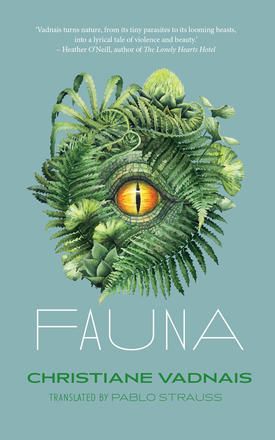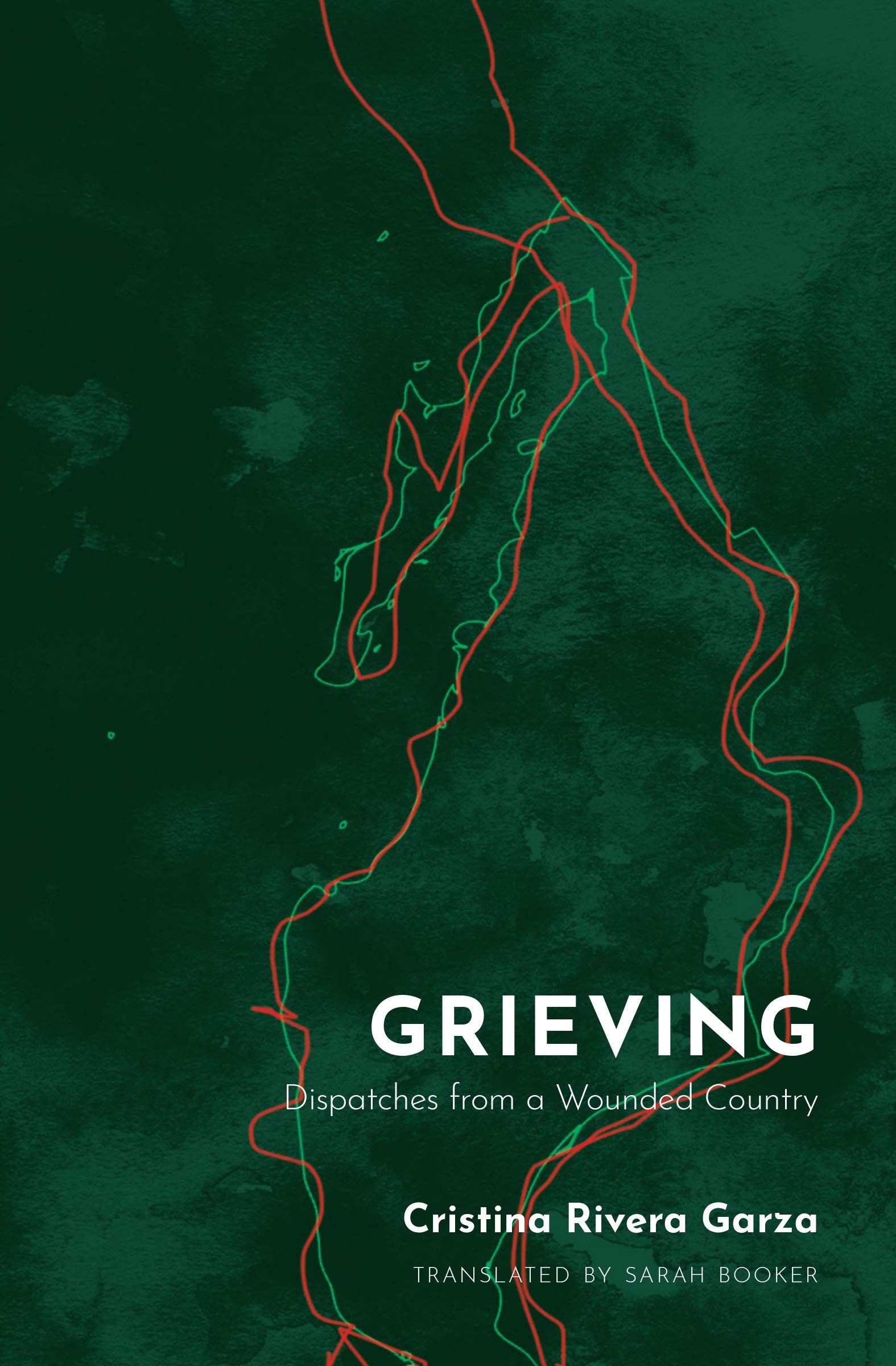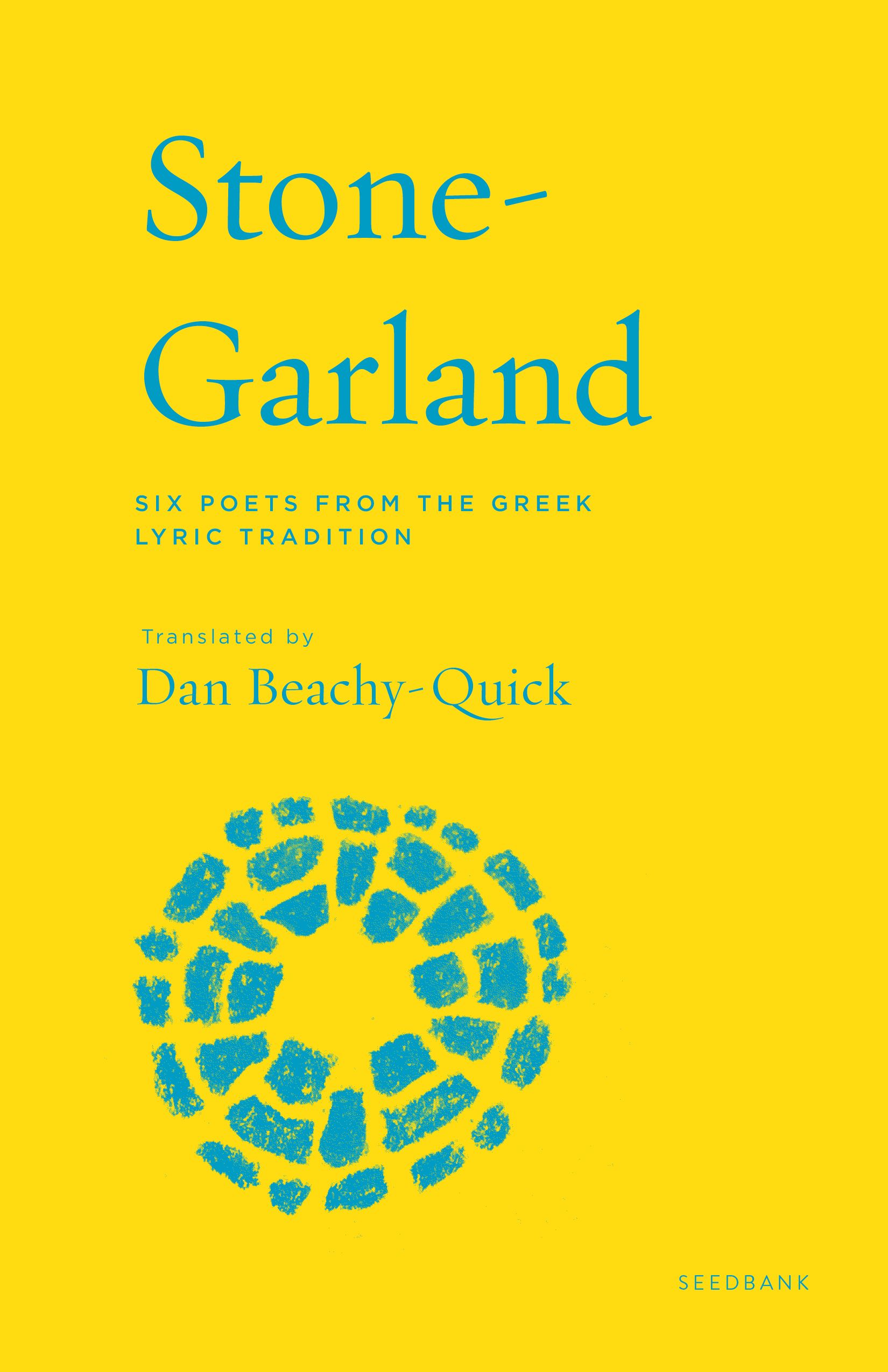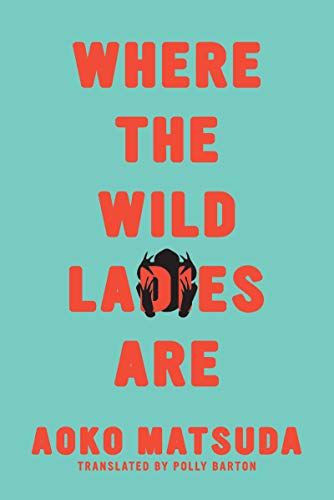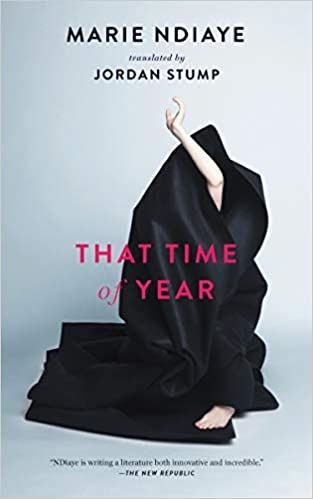With new releases from Elena Ferrante, Scholastique Mukasonga, Sayaka Murata, Dubravka Ugresic, and acclaimed translators Ann Goldstein, Jordan Stump, and Ellen Elias-Bursać, this past fall was always going to be an astonishingly good season for new books in translation but it blew away even my high expectations! I’m thrilled to select some of the best fall 2020 books in translation and highlight the incredible range of titles available—including fiction, nonfiction, and poetry.
Fall 2020 Books in Translation
The Hole by Hiroko Oyamada, Translated by David Boyd
The Hole is a surreal and atmospheric novel reminiscent of Lewis Carroll, David Lynch, and Hayao Miyazaki’s My Neighbor Totoro. Asa and her husband move to a remote home in the countryside after her husband transfers jobs. A chance encounter with a strange creature leads Asa to a series of bizarre circumstances as she tries to find her place in this new world. It’s especially impressive to see Oyamada create such a sensory rural novel, full of the lethargic, sticky heat of summer and the buzz of cicadas, after seamlessly crafting the industrial setting in her debut novel The Factory, also translated by David Boyd. Oyamada won the Shincho Prize for New Writers for The Factory and the Akutagawa Prize for The Hole and I can’t wait to see what she does next.
Fauna by Christiane Vadnais, Translated by Pablo Strauss
In her first work of fiction, Christiane Vadnais depicts a lush and eerie vision of a near-future marked by climate change. In ten linked pieces, translated by Pablo Strauss, she writes of contaminated and overflowing bodies of water, new and increasingly strange creatures, and an overwhelming wildness that hangs over everything. A lone biologist trying to understand and survive this new world is the thread that holds the pieces together. Everything is alive in Fauna. And uncertain. “But there is a peace of sorts at the heart of a downpour so precious and violent.”
Grieving: Dispatches from a Wounded Country by Cristina Rivera Garza, Translated by Sarah Booker
Cristina Rivera Garza’s latest book Grieving is a hybrid collection of short crónicas, journalism, and personal essays on systemic violence in contemporary Mexico and along the U.S.-Mexico border. She writes that grieving, and collective grief, is an act of resistance against state and systemic violence and details the importance of art, specifically writing, in a grieving process that is also a “powerful mode of seeking social justice.” For fans of her complicated and striking works of fiction The Iliac Crest and The Taiga Syndrome, Grieving may seem like a departure but instead it only feels like an extension of Rivera’s Garza’s genius.
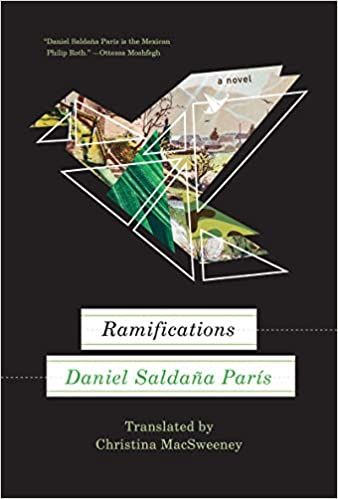
Ramifications by Daniel Saldaña Paris, Translated by Christina MacSweeney
Twenty-three years after the disappearance of his mother, the nameless narrator of Ramifications is self-confined to his bed. He spends his days folding origami, extracting the symmetrical veins from leaves, and going over the details of the summer his mother disappeared to join the Zapatista uprising, or so he’s been led to believe. That is, until he makes a surprising discovery. From one of the rising stars of Latin American literature, Ramifications is a rich and enthralling examination of memory, masculinity, and trauma.
Home: New Arabic Poems by Iman Mersal, Samir Abu Hawwash, Ines Abassi & Others, Translated by Hodna Nuernberg & Others
Home: New Arabic Poems is the second book in Two Line Press’s new Calico series, following That We May Live: Speculative Chinese Fiction. The series presents vanguard works of translated literature in strikingly designed (and eminently collectible) editions. This beautiful bilingual collection features nine poets from all over the Arabic speaking world and eleven translators. I was overwhelmed by these powerful poems, yes, of politics, war, and migration, but more importantly of the everyday, of home—making it unlike any contemporary collection of Arabic poetry I’ve ever read.
Nineteen by Ancco, Translated by Janet Hong
Building on the brilliance that is Bad Friends—also translated by Janet Hong—Nineteen is a collection of short coming-of-age stories that Korean cartoonist Ancco created over the course of her early 20s. These stories have all of the raw tenderness and strength of Bad Friends but portray a wider array of families and relationships. If Bad Friends is the first striking piece of art that captures your attention when you walk into the room, then Nineteen with its varying artistic styles and clamor of voices, is the wider exhibition of Annco’s work that keeps you endlessly looping around the gallery.
Stone-Garland: Six Poets from the Greek Lyric Tradition, Translated by Dan Beachy-Quick
“Of the first poets, we hear rumors, but have no poems.” And so begins acclaimed poet and translator Dan Beachy-Quick in his introduction to his translation of six poets of the Greek lyric tradition: Simonides, Anacreon, Archilochus, Theognis, Alcman, and Callimachus. Beachy-Quick remedies this loss with a thoughtfully collected anthology of poems of the ancients—poems that despite their age sing with a fresh vibrancy. Beachy-Quick is both translator and guide through the stone ruins and his insightful and beautiful introductions to each poet are a joy in and of themselves. Part of Milkweed’s Seedbank Series that aims to preserve and bring ancient, historical, and contemporary works from cultures around the world to readers, Stone-Garland is a collection to cherish.
Where the Wild Ladies Are by Aoko Matsuda, Translated by Polly Barton
This surprising and clever collection of stories draws inspiration from traditional Japanese ghost and yōkai tales, many of which have been immortalized as kabuki or rakugo theatrical performances. Strange, poignant, and at times delightfully funny, these feminist retellings explore and critique roles and expectations for women in contemporary Japan and beyond. I’d recommend it to fans of The Lonesome Bodybuilder: Stories by Yukiko Motoya, translated by Asa Yoneda
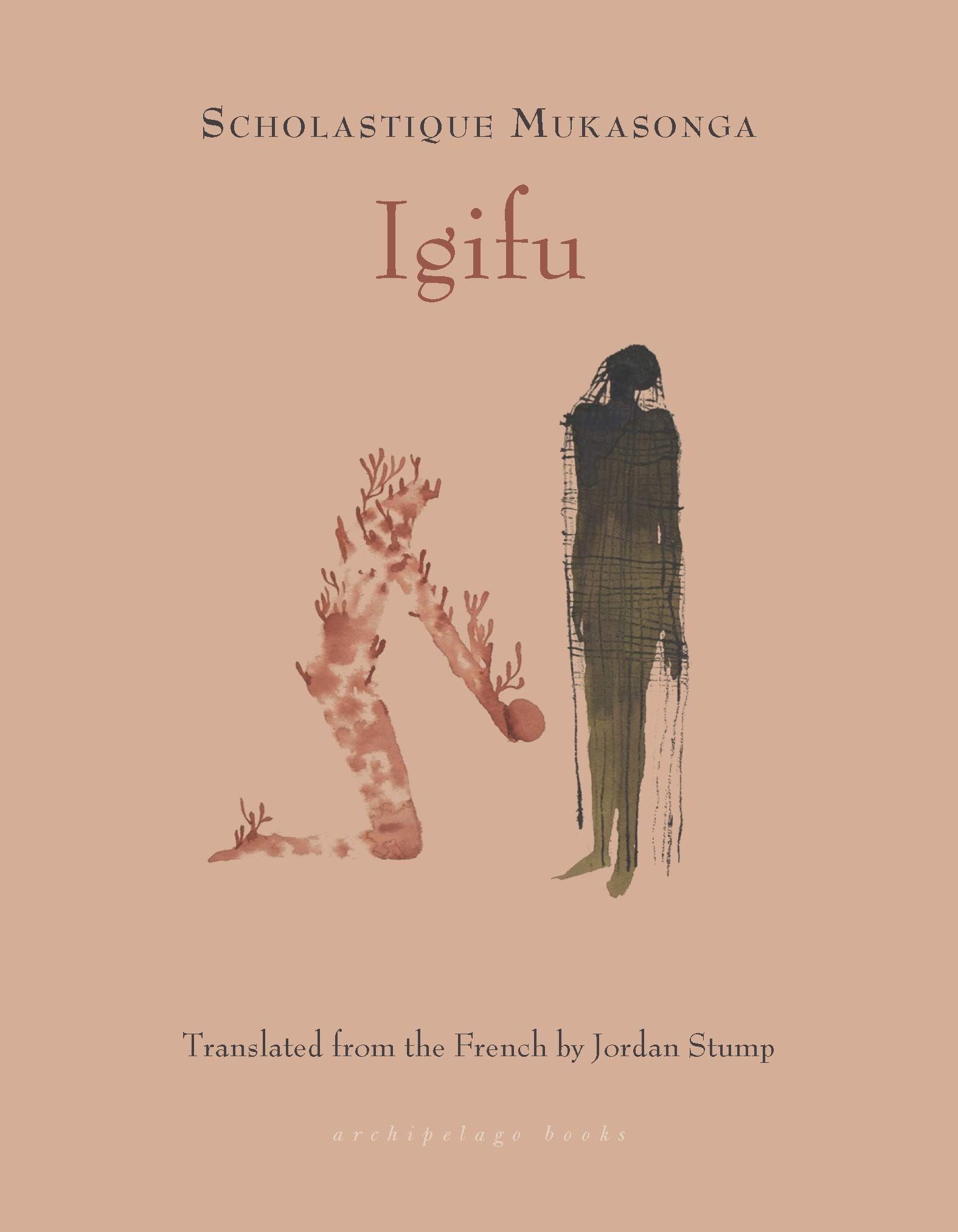
Igifu by Scholastique Mukasonga, Translated by Jordan Stump
In her new collection of stories, critically acclaimed author of Cockroaches and most recently The Barefoot Women, Scholastique Mukasonga writes of Rwanda—its people and animals and the land itself. In deeply moving and beautiful prose, Mukasonga writes semi-autobiographically of the power of women and family and the resilience of the Tutsi people. You see and feel everything in Mukasonga’s prose, translated by the renowned Jordan Stump, the scents and sounds of the cows and the solemn, spiritual moment of milking, the warmth of the sun, and the inconceivable pain, but also resolve, of a survivor.
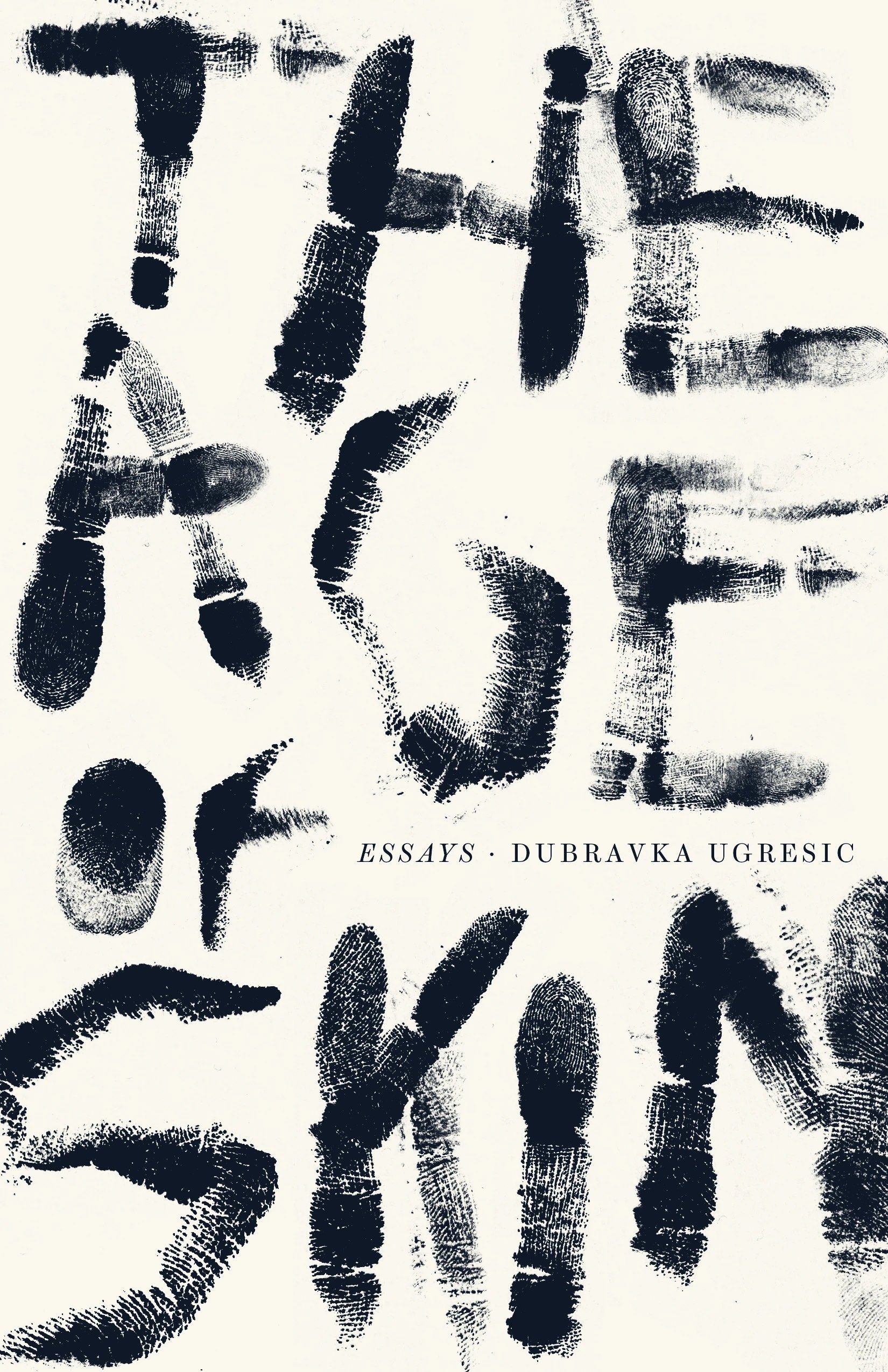
The Age of Skin: Essays by Dubravka Ugresic, Translated by Ellen Elias-Bursać
“These essays are written on the skin of the times.” Winner of the Neustadt International Prize for Literature, Dubravka Ugresic returns with another astonishing collection of essays. In turns wickedly funny and then startlingly bleak, Ugresic writes brilliantly of modern life and culture, of politics and people, with surprising cultural references ranging from Lenin’s corpse to La La Land and the World Cup. But it’s her penetrating critique of nationalism and historical revisionism that carries through the collection and strikes closest to the heart.
That Time of Year by Marie NDiaye, Translated by Jordan Stump
Tourist season is over. The weather has turned. And Herman’s wife and child are missing. For the first time ever, the family extended their stay, in the village where they spend their summers, into September rather than returning to Paris. Is this, he wonders, why his family has mysteriously vanished? Herman’s search for his family leads him deeper into a community with strange customs and even stranger people. A psychologically chilling and masterful story of power, privilege, and entitlement.
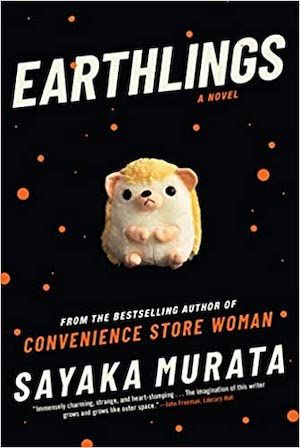
Earthlings by Sayaka Murata, Translated by Ginny Tapley Takemori
In this hotly anticipated followup to Convenience Store Woman, Sayaka Murata and translator Ginny Tapley Takemori return with another strange and unconventional novel of what it means to be an outsider. Eleven-year old Natsuki has always felt different but finds solace in her plush hedgehog Piyuut and summers with her cousin Yuu. The pair come to believe that they are aliens (as is Piyuut, from the planet Popinpobopia) and this belief and their bond begins a bizarre and at times shocking coming-of-age story. Like Convenience Store Woman, Earthlings looks closely at societal expectations and pressures to conform to dizzying effect.
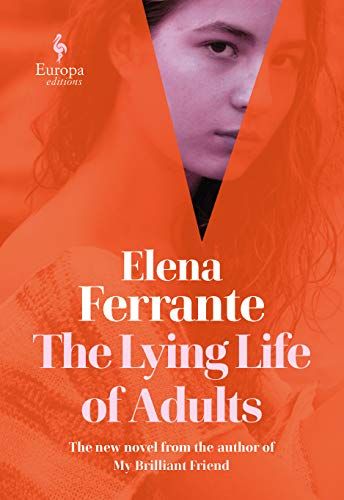
The Lying Life of Adults by Elena Ferrante, Translated by Ann Goldstein
Elena Ferrante fans will rejoice to see The Lying Life of Adults, Elena Ferrante’s first novel in five years, since the conclusion of the Neapolitan quartet. Like the Neapolitan novels, The Lying Life is also set in Naples and follows a young girl, Giovanna, from adolescence to adulthood. But The Lying Life is moodier, edgier—an intense and cutting novel of family, class, and womanhood. Giovanna’s story begins when she overhears her beloved father saying that she is “very ugly” and has the face of her estranged Aunt Vittoria. This remark opens up a crack in Giovanna’s life and she begins a desperate search for her Aunt, throwing her headlong into the lives (and lies) of the adults she had loved and trusted mere moments before.
Looking for even more great new books in translation? Check out this list of 2020 New Releases In Translation: Everything You May Have Missed.
